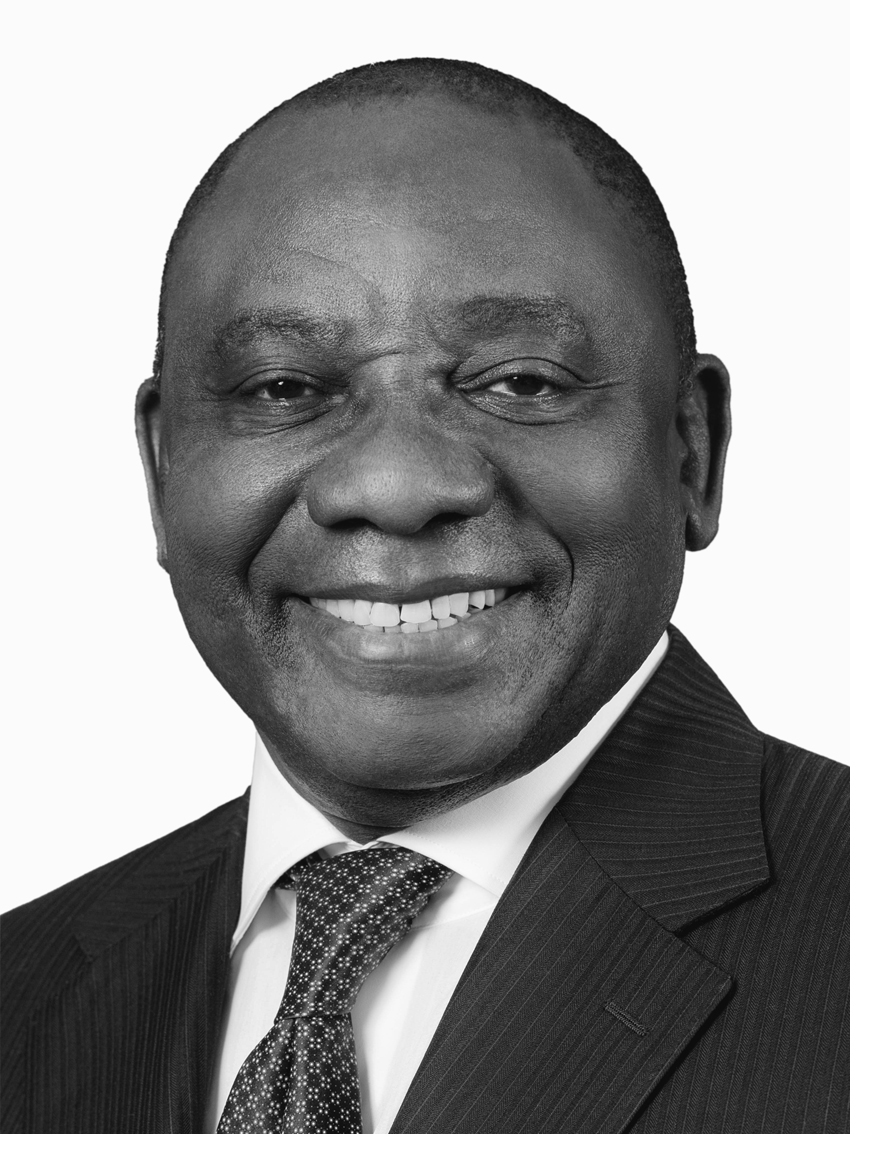Opening Remarks by Chairperson of the African Peer Review Forum President Cyril Ramaphosa at the 30th APR Forum of Heads of State and Government

Your Excellencies and Peers of the APR Forum of Heads of State and Government,
His Excellency Moussa Faki Mahamat, Chairperson of the African Union Commission,
Her Excellency Prof Fatma Zohra Karadja, Chairperson of the APR Panel of Eminent Persons,
Prof Eddy Maloka, CEO of the APRM Continental Secretariat,
Ministers and Heads of delegations representing the APRM Focal Points,
Your Excellencies, Ladies and Gentlemen,
It gives me great pleasure to open this 30th African Peer Review Forum of Heads of State and Government.
We are holding this Summit virtually as a measure to limit physical interaction between people and thus contain the spread of the COVID-19 pandemic.
The pandemic has caused great suffering on our continent and around the world.
It has claimed the lives of millions of people, devastated economies and destroyed livelihoods.
It has placed systems of governance and service provision under significant strain, pushing our resources and capabilities to the limit.
Under these conditions, and as we work to rebuild in the wake of COVID-19, the African Peer Review Mechanism takes on even greater significance.
The APRM mission to promote the African Union’s shared values of democratic governance and inclusive development remains a priority.
The APRM is a firm statement of the resolve of African countries to strengthen effective governance, democratic practice, the rule of law and social and economic development.
It is an important part of our effort – as individual states and as a continent – to tackle instability, conflict, corruption and maladministration.
Having revitalised the Mechanism over the past five years, the APRM's Strategic Plan for 2020-2024 continues the drive towards accession by all AU member states.
Of the 55 AU member states, more than two thirds have already acceded to the APRM.
The most recent accessions, those of Zimbabwe and the Seychelles at our Summit last year, bring our community to a total of 40.
At the 29th APR Forum last year, we peer reviewed the Country Review Report of the Arab Republic of Egypt with a response from my brother President Abdel Fattah el-Sisi.
We also completed the first-ever peer review of a targeted review report.
This was the Republic of Namibia's targeted review report on youth unemployment, as overseen by my brother President Hage Geingob.
In the last few months of 2020, our Mechanism made several notable achievements despite the disruptive effects of Covid-19.
The APRM team, in collaboration with members of the African Governance Architecture Platform, produced the Africa Governance Report 2021 on African Governance Futures to 2063.
The National Governance Report team validated a toolkit for producing National Governance Reports with Member States.
The team worked with the Kenya APRM National Secretariat on virtual training and preparatory activities for the first pilot National Governance Report.
The development phase of the pilot Kenya National Governance Report was launched virtually on 9 October 2020.
The Early Warning and Conflict Prevention team completed an APRM Briefing to the Peace and Security Council in March 2020 and a virtual briefing in October.
The APRM Credit advisory team launched the first African Sovereign Credit Ratings Review Report in October.
It commenced consultations with two international agencies – Fitch and Moody’s – to enable the team to brief Member States on ratings processes and methodologies.
The APRM Monitoring and Evaluation team held a virtual capacity building workshop and developed a continental training programme on the integration of APRM National Programmes of Action into national development plans.
Member States that participated included South Africa, Senegal, Mali, Burkina Faso, Benin, Niger, Mauritius, Nigeria, Djibouti and Egypt.
The Research and Monitoring and Evaluation teams completed 55 country profiles for the Governance Atlas, using the APRM Electronic Questionnaire tool.
The online platform is completed and awaiting validation.
The APRM Base Questionnaire was revised in 2020 to, among others, include a fifth thematic area: State Resilience.
The APRM hosted the 3rd Africa Governance Seminar Series in December 2020, which included presentation of eight papers developed by continental experts.
The APRM also launched a report on Governance Mechanisms for the implementation of SDGs and Agenda 2063.
Preparations have been completed for peer reviews at this Summit of Liberia, discussion of the Gap Analysis Report for Sudan, two targeted reviews of Zambia on tourism and mineral resources governance, and a targeted review report of Sierra Leone on health governance and the national COVID-19 response.
Due to the upcoming elections, peer review of the targeted review report of Djibouti on fiscal decentralisation has been postponed to the next Forum.
Your Excellencies,
In addition to the country reviews and targeted reviews, we will at this meeting also peer review the progress reports for Kenya and Mozambique.
Additionally, we will also present our former Chairperson, President Idriss Déby of the Republic of Chad, with a legacy report for excellent service to the Mechanism during his distinguished tenure at the helm of APRM from 2018 to 2020.
We will also be provided with a preview of the Africa Governance Report 2021, completed by APRM in conjunction with other Africa Governance Architecture institutions.
We will receive the Report of the Committee of Focal Points by its Chair, Minister Senzo Mchunu of South Africa.
We will also have the honour of presenting a certificate of appreciation for distinguished service to Professor Ibrahim Gambari of the Republic of Nigeria, retiring Member of the Panel of Eminent Persons for West Africa.
Allow me to conclude by thanking each of you for providing political leadership and strategic guidance to the Mechanism at both national and continental level.
Through these efforts, I am certain that the Mechanism will be a vital instrument for the achievement of Africa’s social and economic goals, as enshrined in the AU’s Agenda 2063 and the UN’s Agenda 2030 for Sustainable Development.
I thank you.




